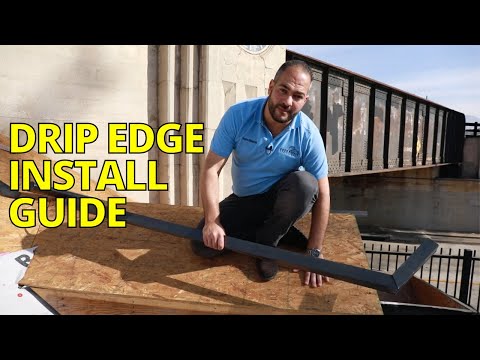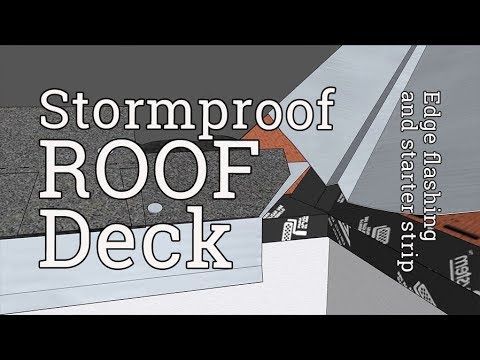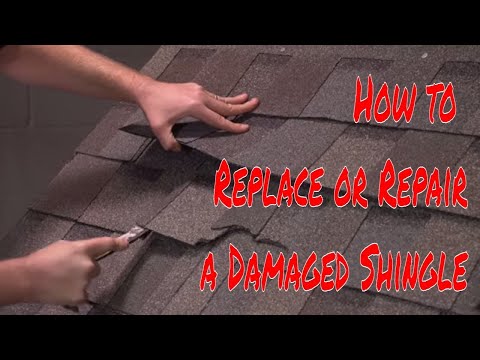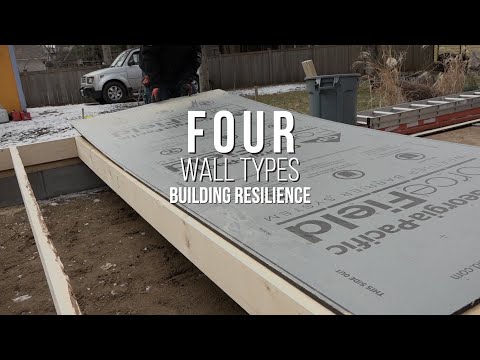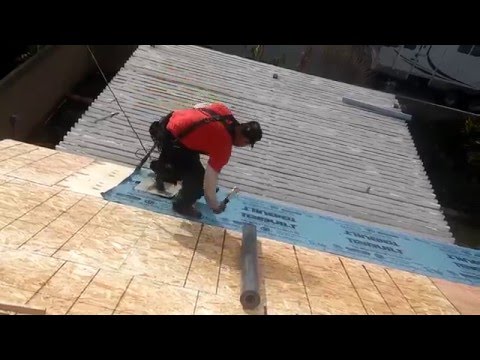One of the critical components of an asphalt shingle roof is a starter strip. The starter strip provides a foundation for the shingles to adhere to and protects the roof's edges from wind and water damage.
Before installing a starter strip, ensure that you have already installed the underlayment, drip edge, and ice and water shield. Once you've completed these steps, you're ready to start installing the starter strip.
To install the starter strip, follow these steps:
Step 1: Cut the starter strip
The first step is to cut the starter strip so the shingle joints do not align with the starter strip joints. You'll need to cut five to six inches off the first piece of starter shingle to ensure staggered patterning during installation.
Step 2: Nail the starter strip
When installing the starter strip, put five nails in each starter strip. Owens Corning recommends placing two to three inches back from the roof's edge, five nails, one on each end and three evenly across. You don't need to use a measuring tape when installing these shingles, but if you're new to this, measuring it out is a good idea. You'll want to come in an inch to two inches on each side and two inches up from the bottom.
Step 3: Avoid Overdriven Nails
Make sure the nail heads are flush. Overdriven nails cause shingles to push through and pop out quickly. To ensure the nails are flush, make sure that your compressor does not put too high of a volume.
Step 4: Starter Strip Distance from Drip Edge
Install the starter strip quarter to half an inch from the drip edge to create a clean line for shingle installation. This allows the water to roll off your roof and not come and damage your fascia board.
Step 5: Install at corners
When installing a starter strip, ensure that the adhesive strip is continuous, especially at corners like a rake to wall or hip. Continuously having that adhesive strip all around the perimeter of your roof helps with uplift and wind ratings.
Again, a properly installed starter strip allows the shingles to adhere to the edge of the roof and provides protection against wind and water damage which ensures the roof's longevity. It is also important to use the same manufacturer's underlayment and starter shingle to have brand coherence.
